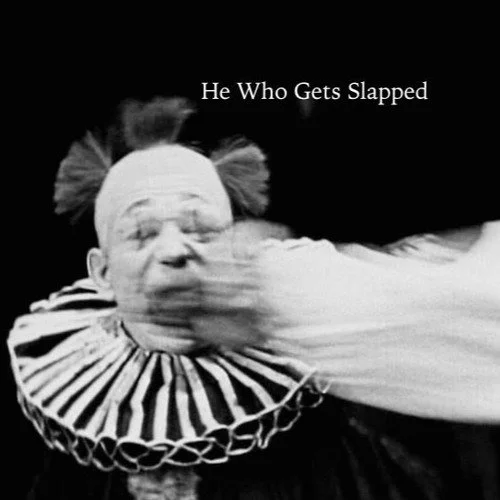Llewellyn King: The beauty of a woman’s slap
I have never met Will Smith, but I would like to just so that I could pump that hand — the hand that connected with Chris Rock’s cheek at the Oscars; the slap that was seen around the world.
That hand connecting with that unsuspecting cheek should start us on a happy back-to-the-future journey.
I would rather the striker had been a woman. Slapping men’s faces has a long and honorable tradition in female defense of rectitude.
We need to reinstall the periodic slapping of the male face as a part of the interaction between men and women so there are fewer instances of #MeToo. Once there has been a slap, there can be no later debate about who allowed what. An open-handed blow to the over-eager male face is declarative: Cut it out now. It is the unique female form of defense without having to take up judo, kickboxing or succumbing to unwanted advances. Slapping the pushy male face is, or was, instinctive.
A crisp slap of the face puts a definite and embarrassed end to “inappropriate touching.” A face slap is so articulate, so incontrovertible, so absolute and so very effective. It doesn’t ever get confused with “consensual,” “maybe” or “perhaps.”
Had a few more faces been slapped, there would be fewer TV personalities sitting out their lives in early retirement because they said they thought there was mutual consent. Had the face of one governor been slapped, he would have restrained his unlicensed hands from roving where they shouldn’t have, and he would still have a job. No equivocation or doubt; no he-said, she-said. A slap is a notable event, never forgotten by the deliverer or the receiver.
Neither the slapper nor the slapped quickly forgets the inside of the female hand swiftly connecting with the outside of the male face. It hurts the male ego far more than it stings the offending cheek or the delivering palm.
Question: Did she slap your face? How can a man answer that without a simple “yes” or “no”? A slap can’t later be confused with foreplay. You weren’t desired is an unambiguous statement implicit in the face slap. Once thus discouraged, further advance is not allowable, or is the beginning of #MeToo territory.
What happened to face slapping? Why did it go the way of couches in women’s restrooms and nose-powdering, as in “I have to powder my nose.” Such a delightful euphemism. Somewhere in the women’s movement some useful things got lost.
The last time, as I remember, when a face slap echoed around the world was when Vivien Leigh, playing Scarlett O’Hara in the movie Gone With the Wind, brought an open palm against the astounded cheek of Clark Gable, playing Rhett Butler.
When a woman delivers the unambiguous slap to the face of an over-eager man, she has an opportunity to accompany it with a solid verbal rebuke; to append a testy codicil. How about one of these: “What kind of women do you usually go out with?” “How dare you, lover boy?” “I told you, keep your hands to yourself.” Or a withering, “What do you think you’re doing?” That should deflate the aspiring Don Juan and send the putative lover back to computer dating.
You are probably wondering how often this writer’s face has been slapped? Only once, in quite a different circumstance and for quite a different offense. It was a shock, an ego-crusher, and I have an indelible memory of it.
Despite the current imbroglio between Will Smith and Chris Rock, the face slap remains uniquely a woman’s prerogative and a man’s shame. Whack!
On Twitter: @llewellynking2
Llewellyn King is executive producer and host of White House Chronicle, on PBS, and he’s based in Rhode Island and Washington, D.C.
